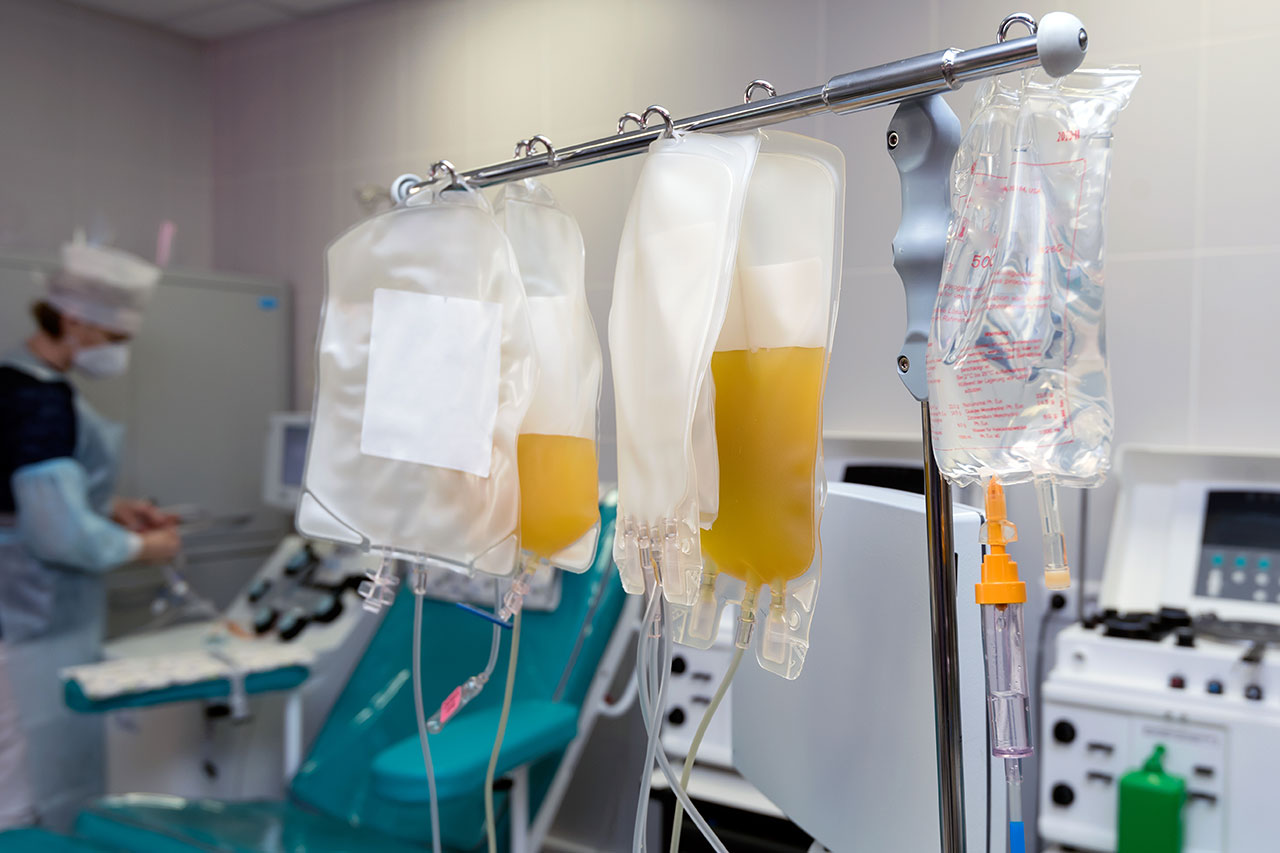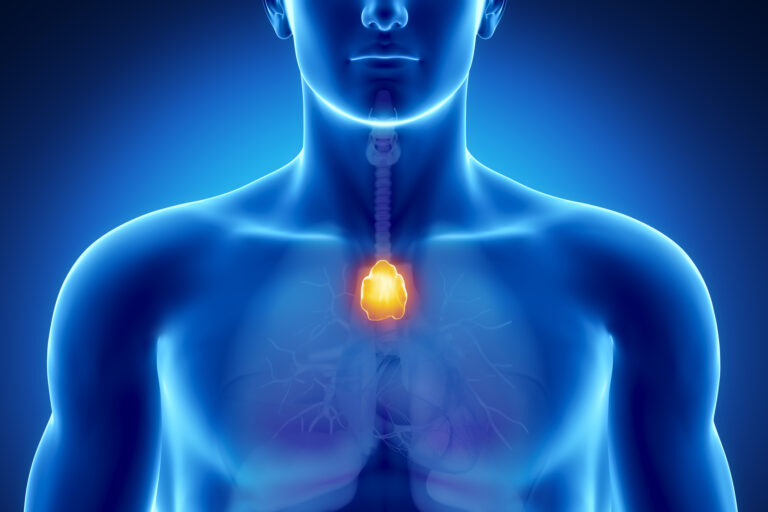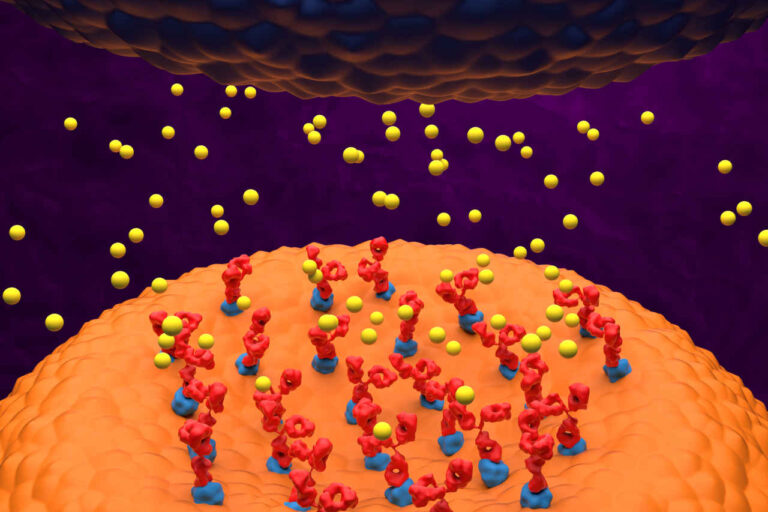
Unfortunately, there is no cure for myasthenia gravis yet. But effective treatments with oral medications, injectable drugs, and surgery can help improve symptoms. The choice of myasthenia gravis treatment can vary according to your age, disease severity, and response to treatment.
Get IVIG Copay Assistance
Speak to a SpecialistOral Therapy:
- Cholinesterase inhibitors (anticholinesterases):
- These drugs block the enzyme that degrades a chemical messenger called acetylcholine. This helps to boost the communication between our nerves and muscles. These treatments can help improve muscle strength and contractions.
- Medications: pyridostigmine (Mestinon) and neostigmine (Prostigmin).
- Corticosteroids:
- Corticosteroids help to reduce antibody (a type of protein) production by suppressing your immune system.
- It may take 2 to 4 weeks for these drugs to show their effects. Long-term corticosteroid use can cause brittle bones, high blood sugar levels, and weight gain.
- Medications: prednisone (Deltasone).
- Immunosuppressive drugs:
- Similar to corticosteroid therapy, these medicines suppress an overactive immune system.
- Medications: azathioprine (Imuran), mycophenolate mofetil (Cellcept), cyclosporine (Sandimmune), methotrexate (Trexall), and tacrolimus (Prograf).
Other Medications and Surgeries
The following medications and surgeries may be used alone or in combination with corticosteroids.
Intravenous (IV) Therapy
Intravenous therapy is oftentimes used as a short-term treatment for a sudden worsening of symptoms.
- Plasmapheresis (plasma exchange):
- This procedure filters out antibodies to help reduce the communication between nerves and muscles in our bodies. Many patients require one to two exchanges to see significant benefits.
- Risks may include a drop in blood pressure, bleeding, and abnormal heart rhythm.
- Intravenous immunoglobulin (IVIG):
- IVIG therapy is derived from healthy antibodies from a donor. It is administered directly into the vein of the patient over a period of 2 to 5 days.
- Side effects may include infusion site reactions, chills, dizziness, headaches, and fluid retention.
- Monoclonal antibody:
- Monoclonal antibody therapy involves biologically engineered proteins that slow down the immune system. This therapy is administered directly into the patient’s vein as directed by the doctor.
- Medications: rituximab (Rituxan) and eculizumab (Soliris). Typically, your doctor will use monoclonal antibodies if other treatments have failed.
Get Your IVIG Dose
Home InfusionSurgery
The thymus gland is an organ located in the chest. It produces specialized white blood cells (WBCs) and hormones crucial for fighting infections. Likewise, the greater the size of the thymus tumors, the greater the amount of anti-AChR antibodies released into the body.
Surgery may be recommended in patients with or without a tumor in the thymus gland. In patients who require surgery, this involves the removal of the thymus gland (thymectomy). This may help improve the symptoms in some people, but it can take a year or longer to see the clinical benefits.
However, newer, less invasive techniques, such as video-assisted thoracoscopic surgery and robotic approaches, offer shorter hospital stays compared to the older, invasive techniques.













